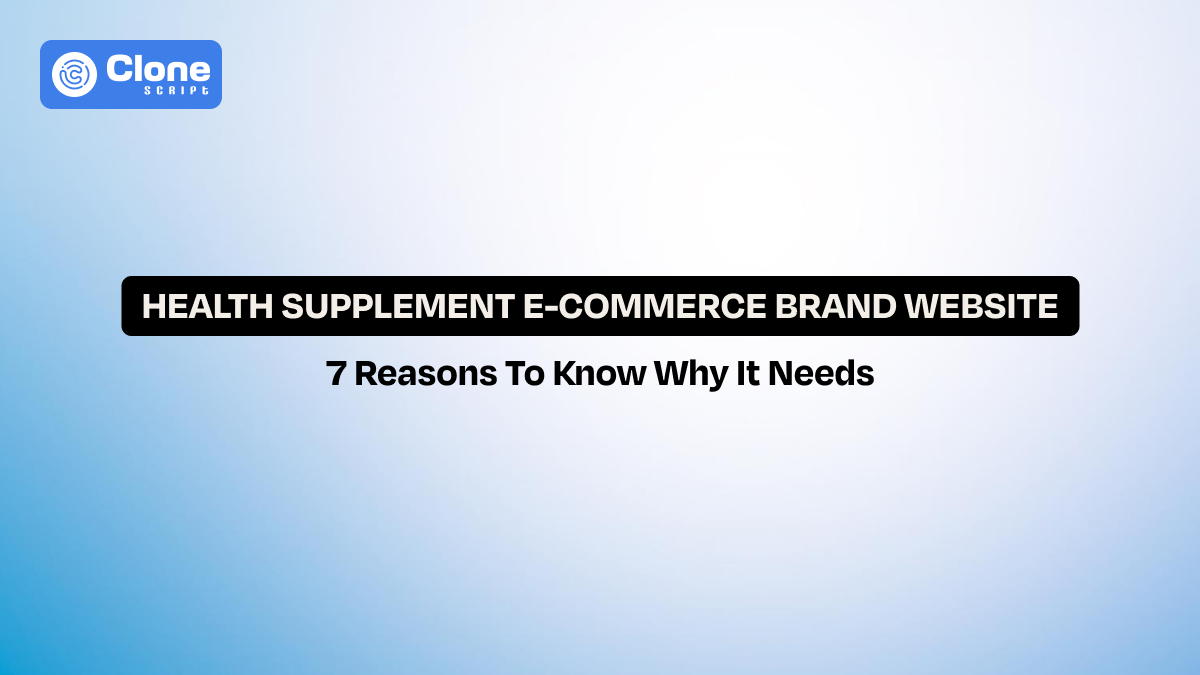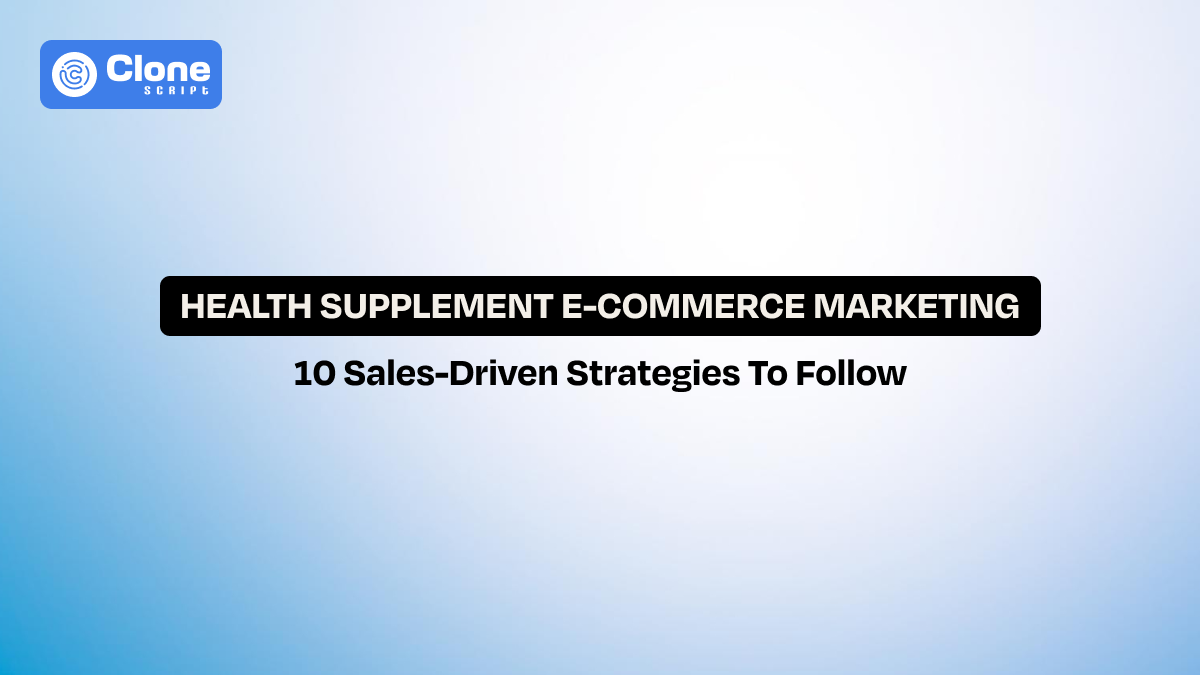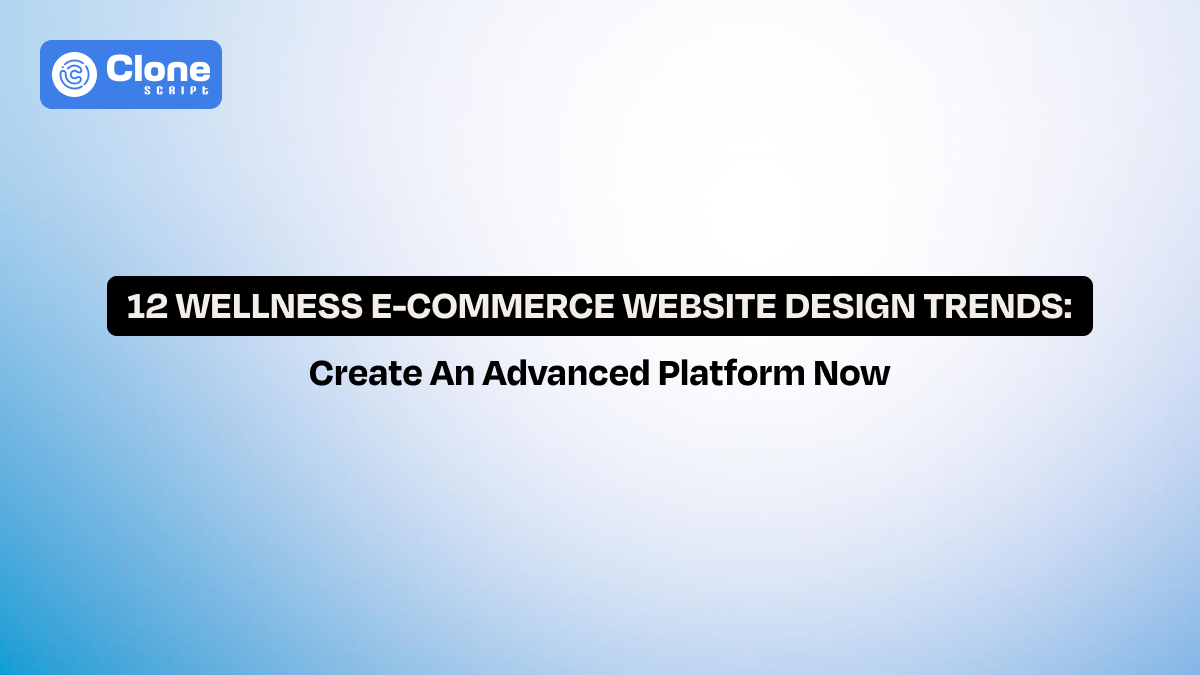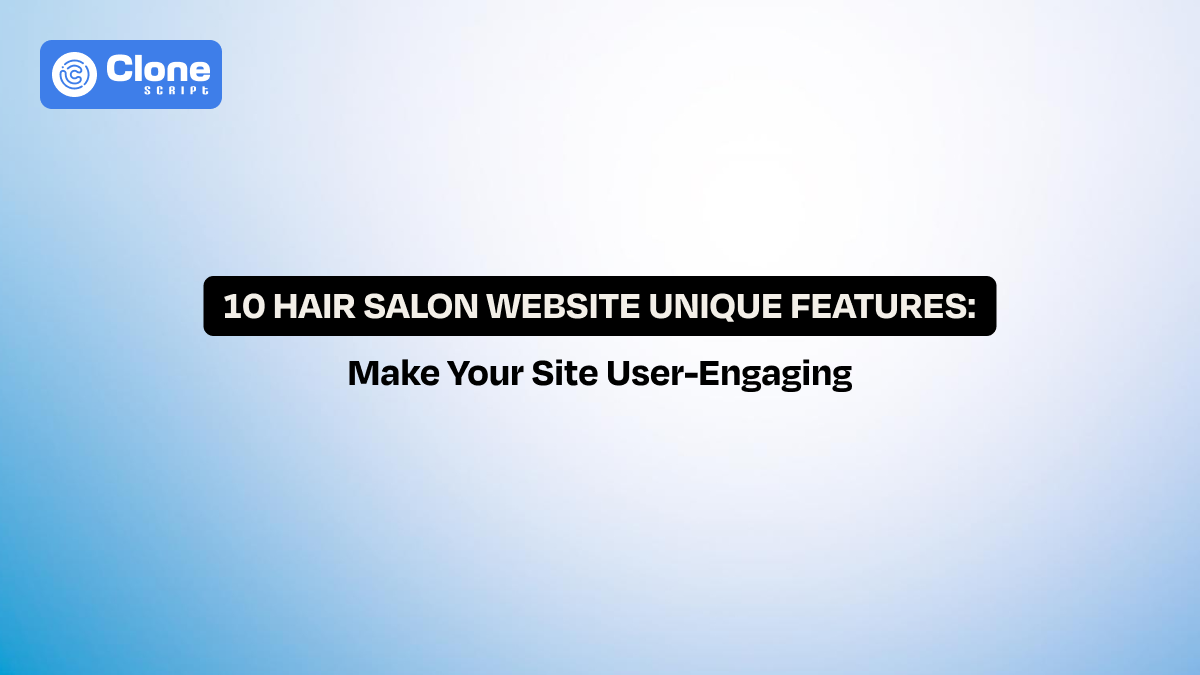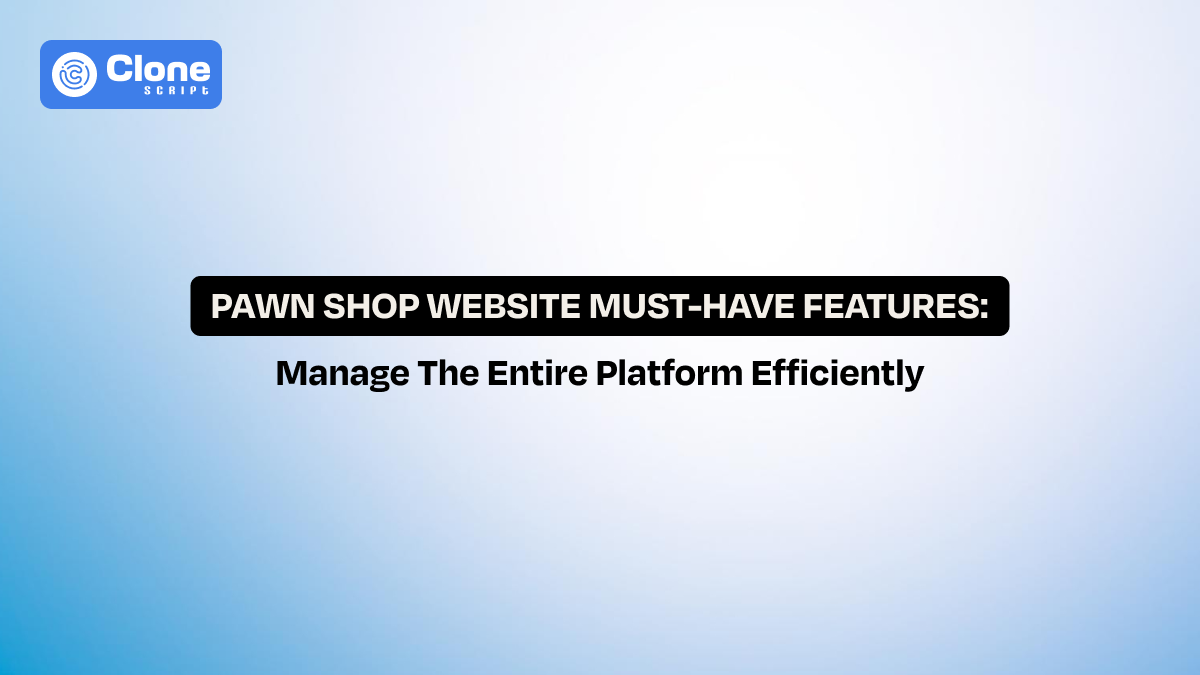Why Every Health Supplement Brand Needs a Professional Website
Did you know that over 72% of shoppers now prefer buying directly from brand websites instead of marketplaces? That shift didn’t happen by chance. It’s the result of a new kind of trust.
Consumers are smarter, more health-conscious, and far more skeptical than ever before. They want to know who you are, what’s inside your supplement products, and why they should believe you.
If your supplement brand doesn’t have a professional website yet, you’re not just invisible. You’re losing credibility, authority, and the right to lead in one of the fastest-growing markets on Earth.
Let’s be clear: your website is not a marketing accessory. It’s the lifeline of your business.
What Is a Health Supplement Website — Really?
A health supplement website isn’t just a place to list products or collect orders. It’s where your brand comes alive.
It’s where potential customers meet you for the first time.
Here’s the cycle they follow: Curiosity →Trust → Purchase.
It’s the only digital space where you can tell your story without restrictions, where your brand voice, science, and soul merge into one powerful message.
In other words, a business website is an “owned asset” rather than earned like “social media accounts.”
So, having a professional website for your supplement brand is not about looking good. It’s about being believable, reachable, and scalable in the market.
Why a Health Supplement Website Is No Longer Optional?
Health supplement brands used to be successful on word-of-mouth and third-party platforms.
But this fact does not work anymore.
In today’s wellness economy, the brand that owns the customer relationship wins. Others not.
Keep understanding: your customers are no longer just buying capsules or powders; they’re buying trust, transparency, and connection. And the only platform that gives you full control over all three is your own website.
If you’re still relying solely on Amazon or other e-commerce marketplaces, you’re renting your audience, not owning it. You will get more orders from the platform, but still think your supplement brand is enough to catch other customers' attention outside Amazon?
7 Compelling Reasons Why Every Supplement Brand Needs a Professional Website
Here are the most promising reasons why you have to own a website designed with the supplement e-commerce trends:
1. Your Website Is Your First Impression — and You Only Get One
In the supplement industry, people judge credibility in seconds.
A well-designed website instantly signals expertise, integrity, and attention to detail. These primary qualities your buyers look for in a brand they’ll trust with their health.
When your health supplement website reflects the same quality as your products, it reassures customers they’re in the right place. No other brand visit required.
Think of it this way — if your website doesn’t look premium, how can your supplements feel premium?
2. Transparency Builds Trust — and Trust Builds Sales
You can’t build a supplement empire without trust.
Consumers want to see the ingredients, testing methods, sourcing, and certifications before adding a product to the cart and proceeding to checkout. A professional website gives you the space to show, not just tell.
Share your origin story, your team’s passion, and your lab standards. Let people see the faces behind the formulas.
That’s how you build trust for your health supplement brand. Not only with paid social media ads on Instagram and Facebook, but with honesty.
3. Reach Health-Conscious Buyers Before Your Competitors Do
Thousands of potential buyers are searching for “immune support supplements” or “vegan protein powders” every day. They are not Googling the products, but use other web browsers to get the required supplements for their health.
For that, your website has to be optimized for search engines. If not, your brand visibility is lost, and your competitors get the privilege of it.
That’s where a supplement e-commerce marketing strategy comes in.
A flexible, SEO-optimized website expands your online presence for a supplement company. This makes your products discoverable by customers already in a buying mindset.
Visibility isn’t pushed by luck. It's structured. The structure starts with your website.
4. Sell Directly — Own the Relationship, Keep the Profit
Here’s a truth most supplement brands overlook:
When you sell through third-party retailers, those retailers own the customer data, the pricing, and the relationship. You just supply the product. Not owning the platform.
Now think that a direct-to-consumer supplement website puts you back in control. You set your margins. You communicate directly. You build a database of loyal customers you can nurture for life.
By adding subscription options, loyalty rewards, and automated reorders, and suddenly your business has predictable, recurring revenue.
That’s not just growth. That’s a freedom you can get.
5. Educate to Dominate — Authority Is the New Advertising
Every supplement buyer starts with a question: “Does this really work?” or “What causes of worse consequences?”
The brands that educate with these kinds of queries are the ones that successfully convert leads.
But how to do?
Three ways are useful in it:
-
Writing blog posts on the related queries. Outsource the blog writing services, if not have an in-house team.
-
Add FAQs on every product page with general concerns buyers have before buying.
-
A product comparison chart will be used to judge the ingredients used, what makes them preferable.
These aren’t extras; they’re conversion tools.
When you use your website to teach, explain, and inspire, you’re not just selling supplements — you’re leading a movement.
This is how true health supplement website benefits unfold: authority today becomes loyalty tomorrow.
6. Stay Compliant, Stay Credible
Let’s be honest — compliance in the supplement industry can be a minefield. One misplaced claim or missing disclaimer can cost your brand its reputation overnight.
A professional website helps you stay ahead of that risk by organizing your content responsibly and ensuring compliance online.
Proper labeling, disclaimers, and ingredient transparency are not just related to legal obligations; they’re signals of professionalism that reassure customers your brand operates with integrity.
7. Your Website Turns Buyers into Believers
A customer who buys from your website doesn’t just make a purchase — they start a relationship.
Through your site, you can send personalized recommendations, nurture loyalty through email campaigns, and create subscription experiences that keep them coming back.
That’s the secret to supplementing eCommerce growth to not just acquiring customers, but retaining them.
Your website isn’t the end of the journey. It’s the beginning of a lifelong connection.
Now, it’s time to know the method to build a professional e-commerce website for health supplements.
How to Build a Health Supplement Website That Converts — Fast?
You don’t need six months or a massive budget to build an elite supplement website. You need clarity, consistency, and the right structure.
Here’s how to move fast and smart:
-
Start With Strategy:
The first step is to define what your audience is. If you’re targeting a younger generation, usually 20-30-year-old people, then you have to keep their needs in mind.
Every piece of your website content should speak in its own tone, not yours. Once it’s done, get ready to see a rise in new customers ordering the supplement products.
-
Choose the Right Platform:
Usually, building a website on an e-commerce management platform like Shopify and WooCommerce lets you start selling online. There is no need to be involved in design and coding.
For that, you have to pay a monthly fee as a charge to these platforms, and they will let you launch your supplement store. However, it’s required to take the help of professional Shopify and WordPress developers to develop a secure e-commerce website.
-
Design for Trust:
A website design is becoming the foundation of a successful online store. Especially in e-commerce websites, the clean visuals, testimonials, ingredient transparency, and certification badges are required.
There are multiple options you can opt for:
-
Hire a UI designer - If you have a dedicated budget and need a totally customized website from scratch.
-
Use a pre-designed Figma website UI kit - This is a smart solution to start the development without taking part in web design. Everything is already done. Here’s an example of it.
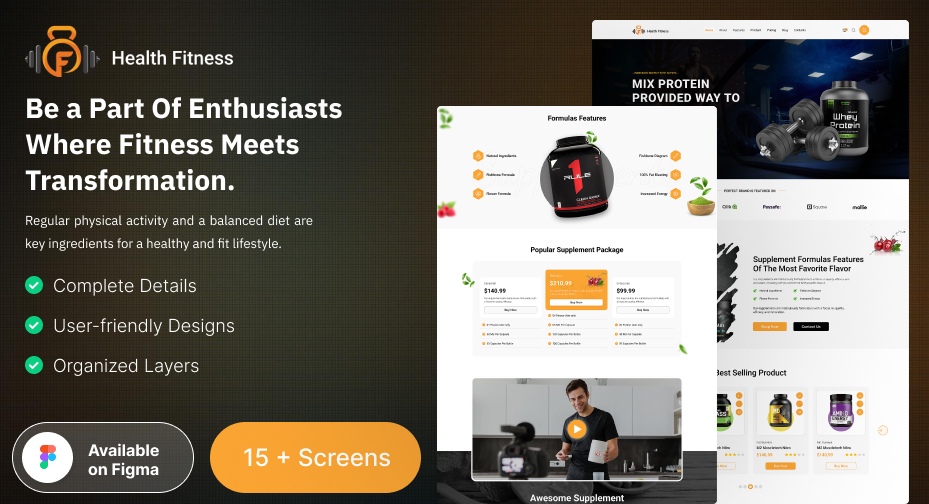
The choice is yours.
-
Optimize for SEO:
Just launching a health supplement providing site is not enough. You have to optimize it for search engines.
There are some aspects you have to keep in consideration when doing SEO:
-
Proper HTML code structure
-
Meta tags are defined accurately
-
CSS files and JavaScript are optimized
-
The website content is helpful and relevant (do keyword research)
Keep the intent of maximizing the user experience because search engines like Google always prioritize this factor in ranking.
-
Stay Legally Secure:
Use disclaimers, accurate descriptions, and proper labeling on the website. After all, in health supplement selling, customers don’t only order the products from the images and clicking the Google Ads. They want to know more about what the product is and potential issues when implementing the use case in the wrong way.
-
Make It Mobile-First:
As most of the web search traffic comes from mobiles, your site also has to be responsive. If not, then you can’t expect to be featured in the products on Google’s first page. This impacts overall website authority and brand recognition. You can contact the web development team for m-commerce site optimization.
-
Add Social Proof:
Think you’re going to purchase gym apparel for yourself online and find something extraordinary. But when checking the product review, customers find that the quality of the product does not match the promise. So, you can decide not to purchase the product now.
This also applies to your online health supplement store. Adding reviews, case studies, and influencer collaborations improves credibility.
In essence, from these steps and with the right partner or agency, you can have your site live and ready to generate sales.
Conclusion — Your Website Is Your Brand’s Future
If you run a supplement brand today, your next growth leap won’t come from another flavor or ad campaign.
It will come from owning your digital presence — from having a professional website that communicates your mission, builds trust, and converts interest into loyalty.
Note that a well-built health supplement website doesn’t just sell; it scales your business sustainably, builds your brand identity, and turns customer belief into brand advocacy.
The truth is simple:
If you don’t tell your story on your own website, someone else will — and they’ll tell it better.
Start building your digital foundation today. Your brand deserves to be seen, believed in, and remembered.
Want help in development or discuss something related to website setup? Contact us now. We will help you create the best and secure platform for your brand.
FAQs
-
How much does it cost to create a professional health supplement website?
A professional supplement website costs $2,000–$10,000, depending on design, features, and integrations. It’s an investment that builds trust, drives sales, and strengthens brand credibility.
-
How long does it take to build a supplement website?
Most supplement websites launch in 3–6 weeks. Timelines depend on content readiness, design complexity, and approval speed. Using e-commerce website templates accelerates launch without compromising quality.
-
What’s the role of design in building customer trust?
Professional website UI design builds instant credibility. Clean layouts, premium visuals, and consistent branding make visitors feel confident that your supplements are authentic, safe, and worth buying.
-
Can I manage the website myself after it’s built?
Yes, user-friendly platforms like Shopify or WordPress let you easily update products, upload blogs, and manage orders without technical expertise or developer support.
-
Should I hire an agency or a freelancer for my supplement website?
Hire an experienced agency for expertise in compliance, SEO, and branding. Freelancers are cheaper but may lack strategic depth for supplementing eCommerce growth. Get feedback before starting the project.
-
Can my website integrate with social media and email tools?
Yes, integrate Instagram, Facebook, and Mailchimp or Klaviyo to automate follow-ups, recover carts, and strengthen customer relationships effortlessly.
-
Does designing an e-commerce site with the Figma UI kit promise branding?
Yes. Using the pre-designed Figma UI kits helps to make a site that feels personalized and able to convert visitors into buyers. For that, a professional e-commerce website designer's support is needed.
-
What kind of marketing strategies do I have to implement for e-commerce growth?
SEO is the most prominent strategy to use for growth. But also, PPC ads influence collaboration, and social media marketing also works well. Create the strategy based on brand goals: sales improvement and brand awareness.
 BTC - Bitcoin
BTC - Bitcoin
 USDTERC20 - USDT ERC20
USDTERC20 - USDT ERC20
 ETH - Ethereum
ETH - Ethereum
 BNB - Binance
BNB - Binance
 BCH - Bitcoin Cash
BCH - Bitcoin Cash
 DOGE - Dogecoin
DOGE - Dogecoin
 TRX - TRON
TRX - TRON
 USDTTRC20 - USD TRC20
USDTTRC20 - USD TRC20
 LTC - LiteCoin
LTC - LiteCoin

